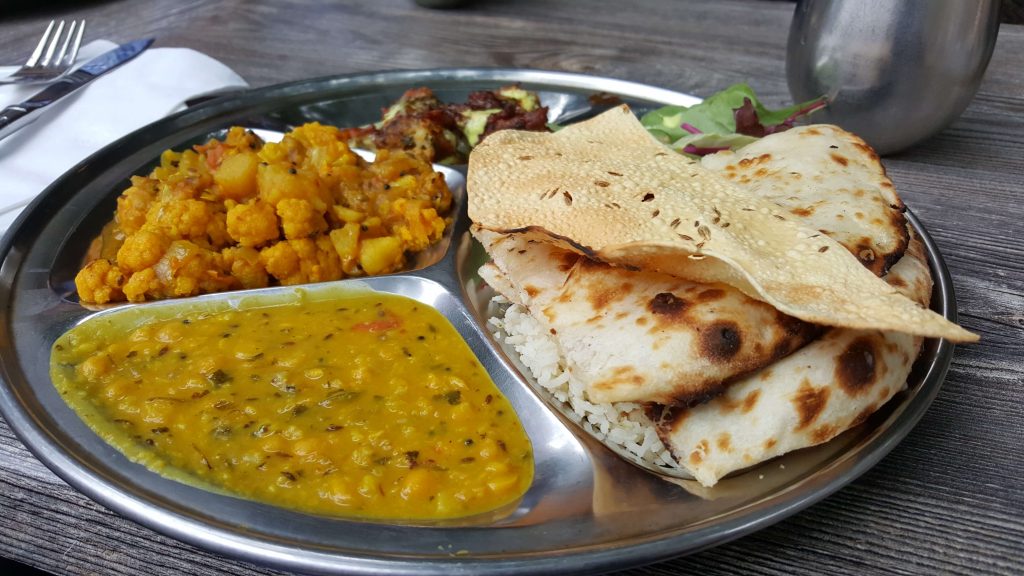India’s growing interest in meat consumption could “impact all of us” due to environmental and ethical concerns, reports Forbes.
India previously maintained an impressive percentage of plant-based diets in its population; in 2014, some areas saw more than 70 percent of people identifying as vegetarian. However, the figures appear to have flipped, with over 70 percent of people in the country now eating meat.

Alarmingly, it has been estimated that India is seeing some of the fastest growth worldwide for consumption of beef, poultry, and mutton. “This is important for many reasons,” Forbes explains, “as the world is already grappling with climate change and water scarcity”.
More than 8,000 litres of water is required to produce just 1kg of mutton. Similarly, over 9,000 litres of water is needed to produce less than half a kilogram of beef. As well as water waste, animal agriculture contributes more greenhouse gas emissions than all of the world’s transport combined.
Additionally, this societal change will largely impact our “ability to feed the planet”. Currently, 50% of the world’s grain is fed to livestock, a number that is likely to shift with India’s changing diet.
However, Forbes notes that these environmental pressures create the “opportunity for companies that provide the experience of eating meat, without the sustainability challenges”.

Plant-based alternatives have increasingly spread around the globe, notably through big names like Starbucks, Pizza Hut, and Trader Joes. Vegan companies are also thriving, even reaching India itself with the introduction of plant-based mutton.
It has been suggested that the rise of veganism is the most effective way to combat the increasing urgency of environmental problems.
Thankfully, due to health, moral and environmental concerns, more consumers than ever are turning away from meat and dairy and toward vegan eating as a solution.


